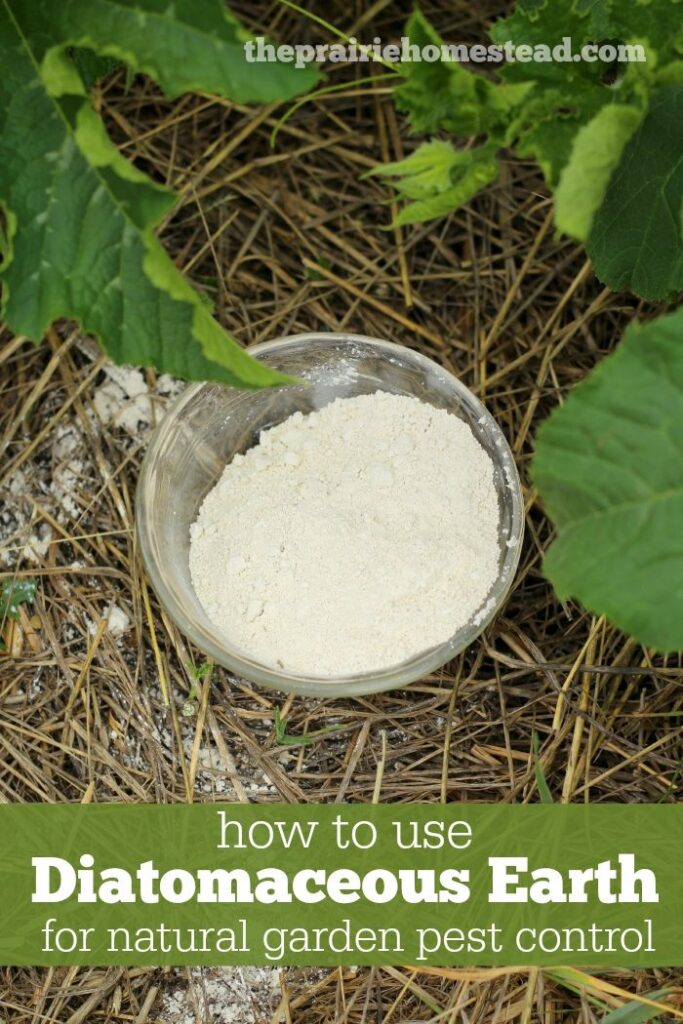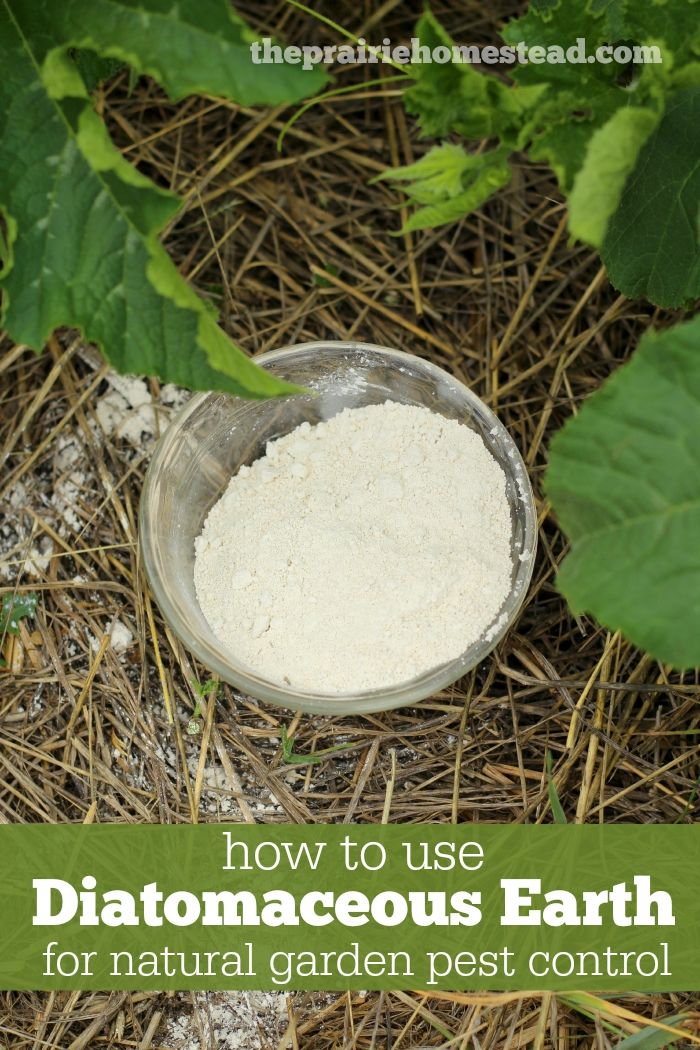
Diatomaceous Earth: A Comprehensive Guide to Its Uses, Benefits, and Safety
Diatomaceous earth (DE) is a naturally occurring, soft, siliceous sedimentary rock that is easily crumbled into a fine white to off-white powder. It has a wide range of applications, from pest control and filtration to human and animal health. This article provides a comprehensive overview of diatomaceous earth, exploring its formation, types, uses, benefits, and safety considerations.
What is Diatomaceous Earth?
Diatomaceous earth is composed of the fossilized remains of diatoms, a type of hard-shelled algae. These microscopic organisms accumulate in the sediment of oceans, lakes, and rivers over millions of years. The resulting deposits are then mined, processed, and sold for various purposes. The key component of diatomaceous earth is silica, a naturally occurring compound found in sand, plants, and animals.
Types of Diatomaceous Earth
There are two primary types of diatomaceous earth: food grade and filter grade (also known as pool grade). The distinction lies in the processing and intended use.
- Food Grade Diatomaceous Earth: This type is safe for human and animal consumption. It is minimally processed and contains less than 1% crystalline silica. Food grade diatomaceous earth is often used as an insecticide, anti-caking agent, and supplement.
- Filter Grade Diatomaceous Earth: Also known as pool grade, this type is processed at high temperatures, which converts the amorphous silica into crystalline silica. Crystalline silica is harmful if inhaled, and therefore, filter grade diatomaceous earth is not safe for consumption. It’s primarily used for filtration in swimming pools, aquariums, and industrial applications.
Uses of Diatomaceous Earth
The versatility of diatomaceous earth stems from its unique properties: high porosity, abrasiveness, and absorbent nature. These characteristics make it suitable for a wide array of applications.
Pest Control
One of the most popular uses of diatomaceous earth is as a natural insecticide. It works by absorbing the waxy outer layer of insects, causing them to dehydrate and die. It’s effective against a variety of pests, including:
- Ants
- Bed bugs
- Cockroaches
- Fleas
- Ticks
- Spiders
- Slugs and snails
To use diatomaceous earth for pest control, simply sprinkle a thin layer around areas where pests are present. Reapply after rain or watering. It’s crucial to use food grade diatomaceous earth for pest control around pets and children to avoid any potential health risks.
Filtration
Filter grade diatomaceous earth is widely used in filtration systems. Its porous structure allows it to trap tiny particles, making it an effective filter for:
- Swimming pools
- Drinking water
- Beer and wine
- Oils
In swimming pools, diatomaceous earth filters remove algae, bacteria, and other contaminants, resulting in cleaner and clearer water. In industrial settings, it’s used to filter process water and wastewater.
Animal Health
Food grade diatomaceous earth is often added to animal feed as a natural dewormer and digestive aid. It’s believed to help control internal parasites and improve nutrient absorption. Some farmers also use it to reduce odors in livestock housing and to control flies. However, scientific evidence supporting these claims is mixed, and it’s essential to consult with a veterinarian before using diatomaceous earth for animal health purposes. [See also: Pet Health Supplements: What You Need to Know]
Human Health
While not a substitute for conventional medicine, some people use food grade diatomaceous earth as a dietary supplement. Proponents claim it can help detoxify the body, improve digestion, lower cholesterol, and strengthen bones. However, most of these claims are anecdotal and lack strong scientific backing. More research is needed to determine the potential benefits and risks of diatomaceous earth for human health. It is crucial to speak to your doctor before adding diatomaceous earth to your diet. [See also: The Truth About Detox Diets]
Other Uses
Diatomaceous earth has a variety of other applications, including:
- Absorbent: It can be used to absorb spills, such as oil, grease, and paint.
- Polishing agent: Its abrasive properties make it suitable for polishing metals and cleaning surfaces.
- Soil amendment: It can improve soil drainage and aeration.
- Cosmetics: It is sometimes used as an ingredient in toothpaste, facial scrubs, and other personal care products.
Benefits of Diatomaceous Earth
The benefits of using diatomaceous earth are largely tied to its natural and non-toxic nature, as well as its versatility. Some key advantages include:
- Natural and Non-Toxic: Food grade diatomaceous earth is considered safe for humans and animals when used as directed. It’s a natural alternative to synthetic pesticides and chemicals.
- Effective Pest Control: It’s an effective way to control a variety of pests without using harsh chemicals.
- Versatile: Its wide range of applications makes it a valuable product for homeowners, farmers, and industrial users.
- Cost-Effective: Diatomaceous earth is relatively inexpensive compared to many other pest control and filtration products.
Safety Considerations
While diatomaceous earth is generally considered safe, it’s important to take certain precautions:
- Inhalation: Avoid inhaling diatomaceous earth dust, especially filter grade, as it can irritate the lungs and cause respiratory problems. Wear a dust mask when handling it in powdered form.
- Eye Irritation: Diatomaceous earth can cause eye irritation. Avoid contact with eyes and rinse thoroughly with water if exposure occurs.
- Crystalline Silica: Filter grade diatomaceous earth contains crystalline silica, which is a known carcinogen when inhaled over long periods. Use caution when handling this type of diatomaceous earth.
- Food Grade vs. Filter Grade: Always use food grade diatomaceous earth for human and animal consumption. Filter grade is not safe to ingest.
- Consult a Professional: If you have any concerns about using diatomaceous earth, consult with a healthcare professional, veterinarian, or pest control expert.
The Future of Diatomaceous Earth
As concerns about synthetic chemicals and pesticides grow, diatomaceous earth is likely to become even more popular as a natural and sustainable alternative. Ongoing research is exploring new applications for this versatile substance, from medical treatments to energy storage. The future looks bright for diatomaceous earth, as its unique properties continue to be harnessed for a wide range of purposes.
In conclusion, diatomaceous earth is a fascinating and useful substance with a wide range of applications. Whether you’re looking for a natural pest control solution, a filtration aid, or a potential health supplement, diatomaceous earth offers a versatile and often safer alternative to conventional products. However, it’s crucial to use it responsibly and follow safety guidelines to avoid any potential health risks. Understanding the different grades and their intended uses is paramount for safe and effective application of diatomaceous earth.

